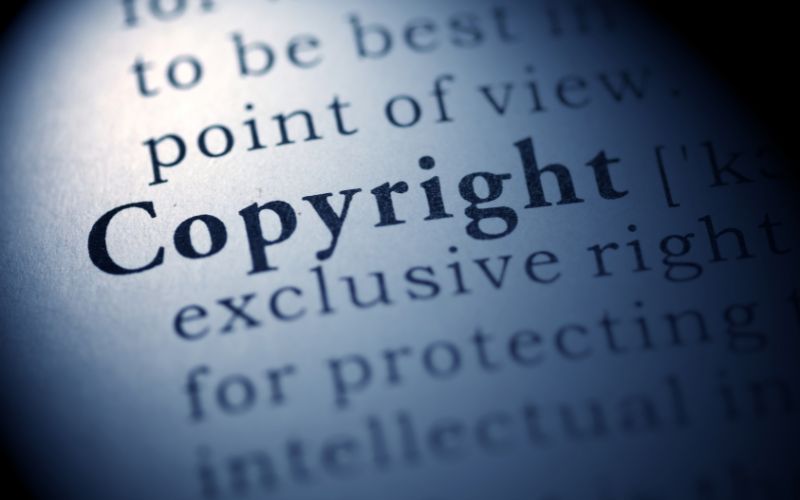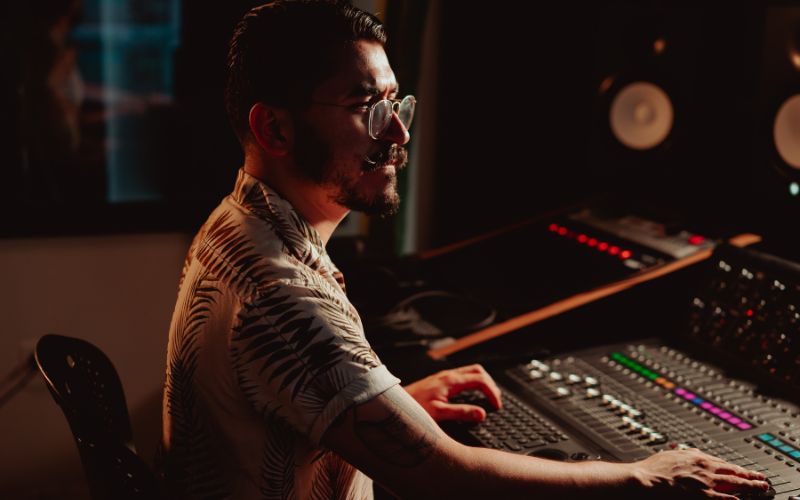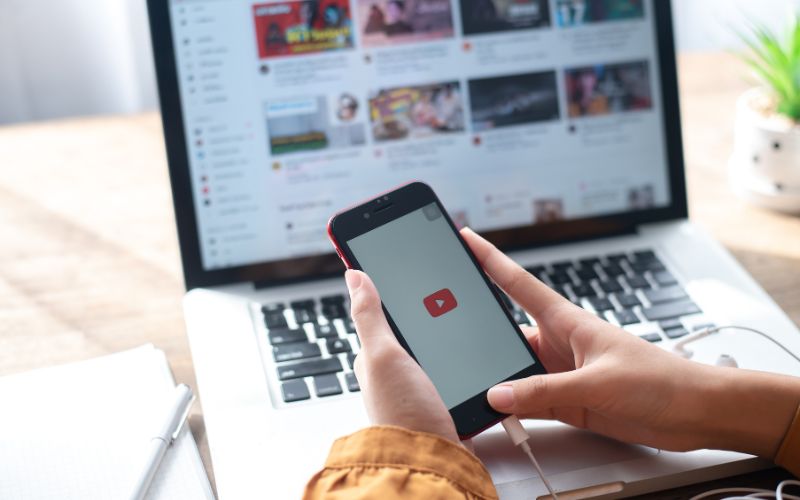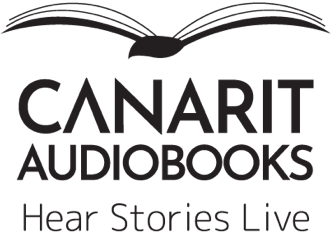
In the ever-evolving world of audiobooks, it’s crucial to gain a comprehensive understanding of audiobook copyright, licensing, and the broader realm of intellectual property protection. This educational article aims to shed light on the legal intricacies of audiobook production, providing clarity and insights for both creators and enthusiasts.
Audiobook Copyright: Safeguarding Literary Creations
Audiobook copyright is a legal framework that extends protection to the creators of audiobooks, ensuring that their original works are shielded from unauthorized use or reproduction.
The Scope of Audiobook Copyright
Audiobook copyright is a multifaceted concept extending a broad spectrum of exclusive rights to creators and holders. Understanding the depth of these rights is essential for anyone involved in the creation, distribution, or consumption of audiobooks.
Reproduction: One of the foundational rights within audiobook copyright is the right to reproduce the work. This means that the copyright owner has the exclusive authority to create copies of the audiobook, whether in physical or digital formats. Reproduction encompasses the act of duplicating the audiobook for various purposes, such as sale, distribution, or archival preservation.
Adaptation: Audiobook copyright also grants creators the right to adapt their works. Adaptation involves the transformation of the original audiobook into different formats or versions. This could include creating abridged versions, translations into other languages, or adaptations for various platforms, ensuring that the audiobook can reach a broader audience.
Distribution: The right to distribute audiobooks is a pivotal component of copyright protection. Copyright owners have the exclusive privilege to control how their audiobooks are disseminated to the public. This includes deciding which distribution channels to utilize, setting pricing and availability, and determining geographic regions for distribution.
Public Performance: Audiobook copyright extends to the realm of public performance, ensuring that creators have control over how their works are presented to audiences. Public performance encompasses various scenarios, from live readings and theatrical presentations to streaming or broadcasting the audiobook to the public. This right allows copyright holders to manage the public’s access to their audiobook content.

Derivatives and Derivative Works: Copyright ownership also includes the authority to create derivative works based on the original audiobook. Derivative works are new creations that build upon or adapt the existing audiobook, potentially offering fresh perspectives or interpretations. Creators can explore various creative avenues, such as turning audiobooks into theatrical performances, podcasts, or interactive experiences.
Digital Rights: In the digital age, audiobook copyright extends to digital rights, ensuring that creators retain control over the digital distribution and usage of their works. This includes the rights related to e-books, audiobook streaming platforms, and digital downloads. Creators can choose how and where their audiobooks are available in the digital landscape.
Territorial Rights: Audiobook copyright holders often have the authority to determine the geographic regions where their works can be distributed or accessed. This allows for tailored strategies, such as staggered international releases or exclusive regional agreements.
Duration of Copyright: The duration of audiobook copyright varies by jurisdiction but typically lasts for the lifetime of the author plus an additional set number of years (e.g., 50, 70, or 100 years) after the author’s death. After this period, the work usually enters the public domain, where it can be freely used by the public.
Is There Copyright on Audiobooks?
The world of audiobooks is no exception to copyright protection. Just like other creative works, audiobooks are protected by copyright laws. This protection applies to both the original literary work and the audiobook adaptation.

Audiobook Licensing: Navigating Permission and Authorization
Understanding Audiobook Licensing
Audiobook production and licensing involve obtaining the necessary permissions and rights to create, distribute, or reproduce an audiobook based on an existing work.
Permission for Audiobook Creation
Is it legal to make an audiobook of someone else’s book? To create an audiobook based on someone else’s work, permission from the original author is paramount. Unauthorized creation may lead to legal consequences.
Licensing Agreement Essentials
Licensing agreements should include elements such as copyright symbols, publication dates, and parties involved, ensuring clarity and legal protection.
Is It Legal to Upload Audiobooks on YouTube?
The legality of uploading audiobooks on YouTube depends on various factors, including licensing agreements and copyright ownership. Always ensure you have the necessary rights and permissions.
Audiobook Production and Intellectual Property
Ethical Audiobook Production
Ethical audiobook production involves respecting copyright laws, securing permission, and adhering to licensing agreements.
Respecting Intellectual Property
Respecting intellectual property is a cornerstone of responsible audiobook production, fostering a creative ecosystem while safeguarding creators’ rights.
How Do I Get Permission to Make an Audiobook?
To obtain permission to make an audiobook, you must contact the original author or rights holder and secure the necessary rights and licensing agreements.
Conclusion
In conclusion, audiobook copyright, licensing, and intellectual property protection are essential components of the industry. This educational article has aimed to provide clarity on legal aspects related to audiobook production, empowering both creators and enthusiasts to navigate this dynamic landscape responsibly and ethically.
At Canarit Audiobooks, we are passionate about promoting the responsible creation and distribution of audiobooks. As a leading audiobook production company, we understand the importance of upholding copyright laws and respecting intellectual property rights. Our commitment to quality audiobook production and ethical practices ensures that creators can bring their stories to life while safeguarding their valuable content.
Join us in celebrating the world of audiobooks, where storytelling knows no bounds and intellectual property is cherished and protected.
FAQ
Yes, audiobooks are protected by copyright laws. Audiobook copyright is crucial for safeguarding the intellectual property of creators, including those in the field of Canarit audiobooks, and ensuring that their works are not used or reproduced without authorization.
To create an audiobook based on someone else’s work, you must obtain permission from the original author. Unauthorized creation may lead to legal consequences, affecting the entire audiobooks production process.
Sharing purchased audiobooks with others may be subject to the terms and conditions set by the audiobook provider, impacting the broader Canarit audiobooks community. Always review and adhere to the provider’s policies.
Publishing your own audiobook involves creating the audiobook, securing the necessary rights, and following distribution guidelines in the realm of Audiobooks production. Ensure you respect copyright laws and licensing agreements in the process.
Audiobook copyright laws define the legal framework for protecting the intellectual property of creators in the audiobook industry, playing a pivotal role in both Canarit audiobooks and the broader audiobook production community. They are essential for upholding the rights of creators and maintaining ethical practices in the industry.
